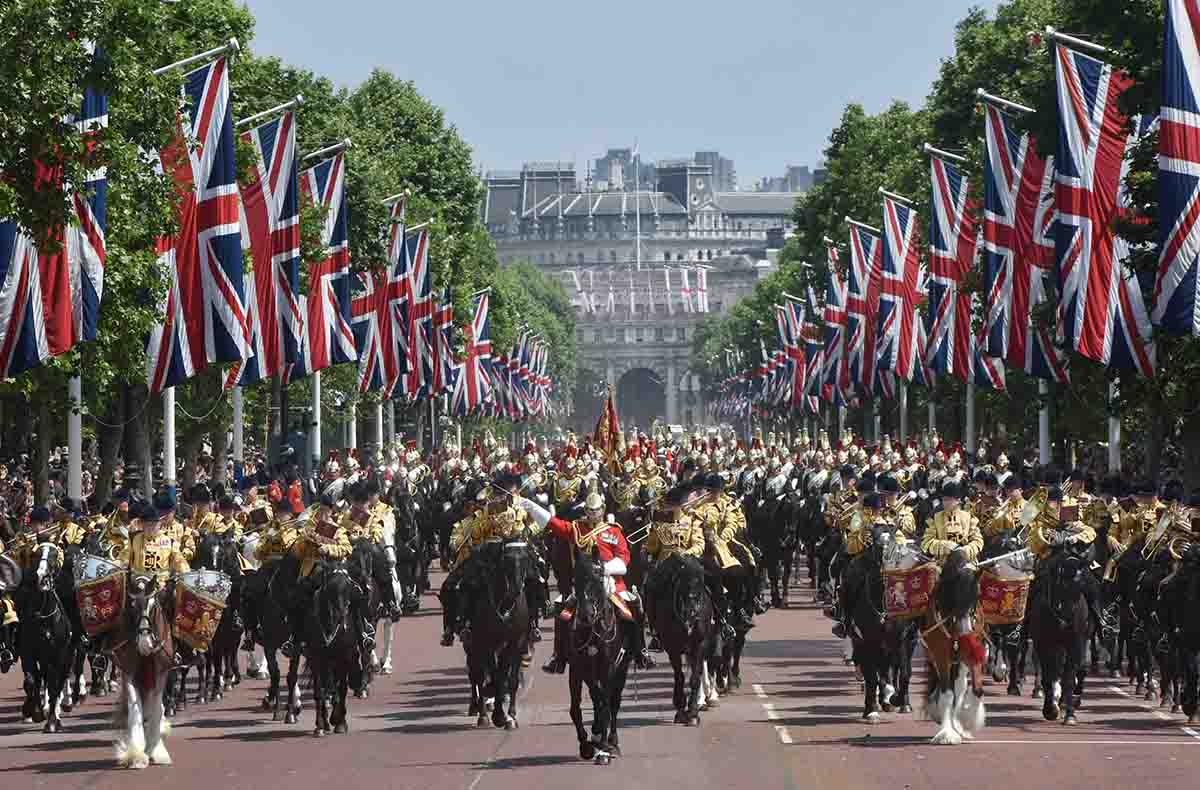
Illustration by Nikki Muller
Forget trying to undo Brexit with economic data. It will not work. Brexit is ideological. You cannot defeat ideology with good sense.
Recently, Rishi Sunak marked the third anniversary of the United Kingdom’s departure from the European Union with an upbeat assessment of the country’s progress. The Prime Minister spoke of “huge strides,” “harnessing freedoms,” and “generational challenges.” It all sounds so upbeat. Sunak’s words are in direct contrast to the findings of the Office for Budget Responsibility. The Government’s independent watchdog has warned that Britain will be worse off by four percent in the long term than had it remained in the EU.
Meanwhile, Britain is the only G7 economy that is forecast to contract this year. The National Health Service is melting down. The nation is racked with industrial action and Sunak’s response is to push anti-strike legislation through Parliament. Like Brexit, the determination to destroy the NHS and eradicate the power of Trades Unions is not founded on a desire to improve life for the majority of the people in the country. They are ideological objectives. Sunak and his political confederates understand that their actions will have a negative impact on a significant swathe of society. They do not care.
Even as Brexiteers promised seamless trade with the EU, new deals with the rest of the world, an extra £350 million a week to the NHS, and a stronger union, they knew the promises were fantasies. The deceit was exposed by the speed with which the victorious Leavers changed the emphasis of the narrative away from growth to sovereignty. Jacob Rees Mogg was not the only Conservative politician to evoke Winston Churchill’s “sunlit uplands” line from what became known as the “Finest Hour” speech in 1940. They were disingenuous. Churchill was girding the nation for the Battle of Britain. Those promised summery slopes were a world war and a world of pain away. Unconsciously, Rees Mogg and his mates had it right.
It is easy to understand why the Tories would mislead voters to achieve their aim. It is less easy to explain the Labour leadership’s stance. Sir Keir Starmer is supposed to be the “grown-up in the room,” but the 60-year-old clings to the notion that Brexit can work. Every sentient adult knows that being outside the single market will only get more damaging as the years go by. All the evidence shows that reality is hitting home for even those who favored divorce from the EU. The latest polls show a quarter of leave voters think things are worse than they expected.
The Labour leader is facilitating the ideologues with his fence-sitting. The opposition’s cowardly aversion to confronting the British people with the truth is part of the reason the country is in this mess at the moment. Pandering to the assumed xenophobic predilections of Red Wall voters will not bring them back at the next election.
Many of those constituencies that turned Conservative at the 2019 General Election were in former mining and industrial areas, places that were damaged by the first real wave of policies that were driven by spiteful ideology rather than financial sense. The Margaret Thatcher government in the 1980s closed the mines in an act of political vindictiveness that had little to do with economics. A study in 2007, 22 years after the Miners’ Strike ended, concluded that “as a sweeping generalisation, the economy of the coalfields is perhaps a little over half way towards full recovery.”
The selloffs of the public-owned industries in the Thatcherite era was also conducted with a quasi-religious zeal rather than with an eye on long-term national prosperity. This became known as “selling off the family silver,” paraphrasing a speech by Harold MacMilllan, one of Thatcher’s predecessors, in the House of Lords. Now, as four decades ago, the voices of Tory grandees are more troubling to their Prime Ministers than the leaders of the opposition.
Thatcherism was a watershed in British life. Nothing would be the same afterward. It represented the victory of a slash-and-burn approach to capitalism. The idea of One Nation Conservatism, with its principles of paternalism and responsibility, faded with the empire—the profits of which had ensured the wealth of those in power. The leash was off. The Tory belief that the ruling class had an obligation to look out for the lower orders was replaced by the notion that there is no such thing as society. The era of “the market,” deregulation, hostile takeovers and “downsizing”—eliminating jobs for profit—had arrived. The grammar-school upstarts like Thatcher and Norman Tebbit found allies in Etonian chancers like James Goldsmith. Greed was good. The groundwork was laid in the 1980s for the sort of scenario where a Health Secretary could help his pub-landlord mate who had no medical experience to get a £30 million Covid testing contract and a Chancellor of the Exchequer could receive a HMRC penalty while head of the Treasury for failing to pay his taxes.
Ideology has overridden ethics for a long time at the top of Conservative governments. Brexit offers opportunities for the wealthiest and leaves the poorest at a huge disadvantage. Despite this, those in charge understand that a fear of immigration will cause a large proportion of English people, in particular, to vote against their own interests. It’s obvious why Sunak, Suella Braverman, and co would try to foster such an environment. It is less clear why Starmer would take such a stance.
Facts will not derail Brexit. The drive for it was ideological for a few and irrational for the majority. It would take a brave politician to face down and confront these twin strands that are at the core of this economic calamity. It is easier to live with the lie for people like Starmer.



